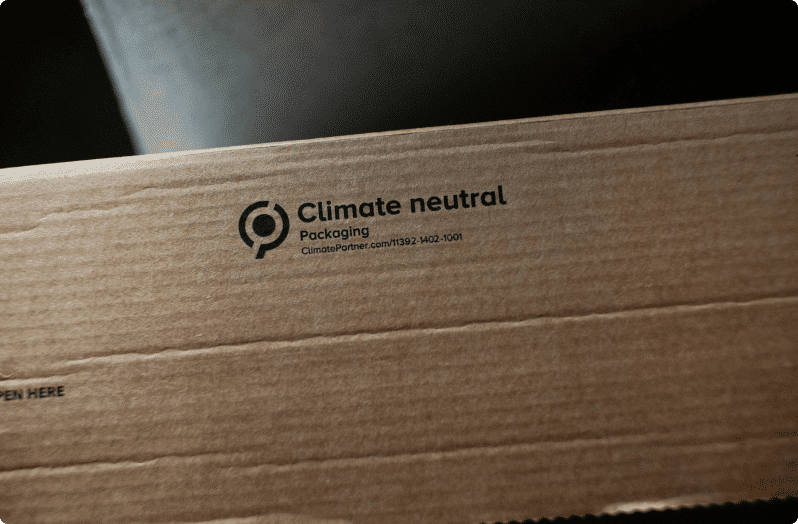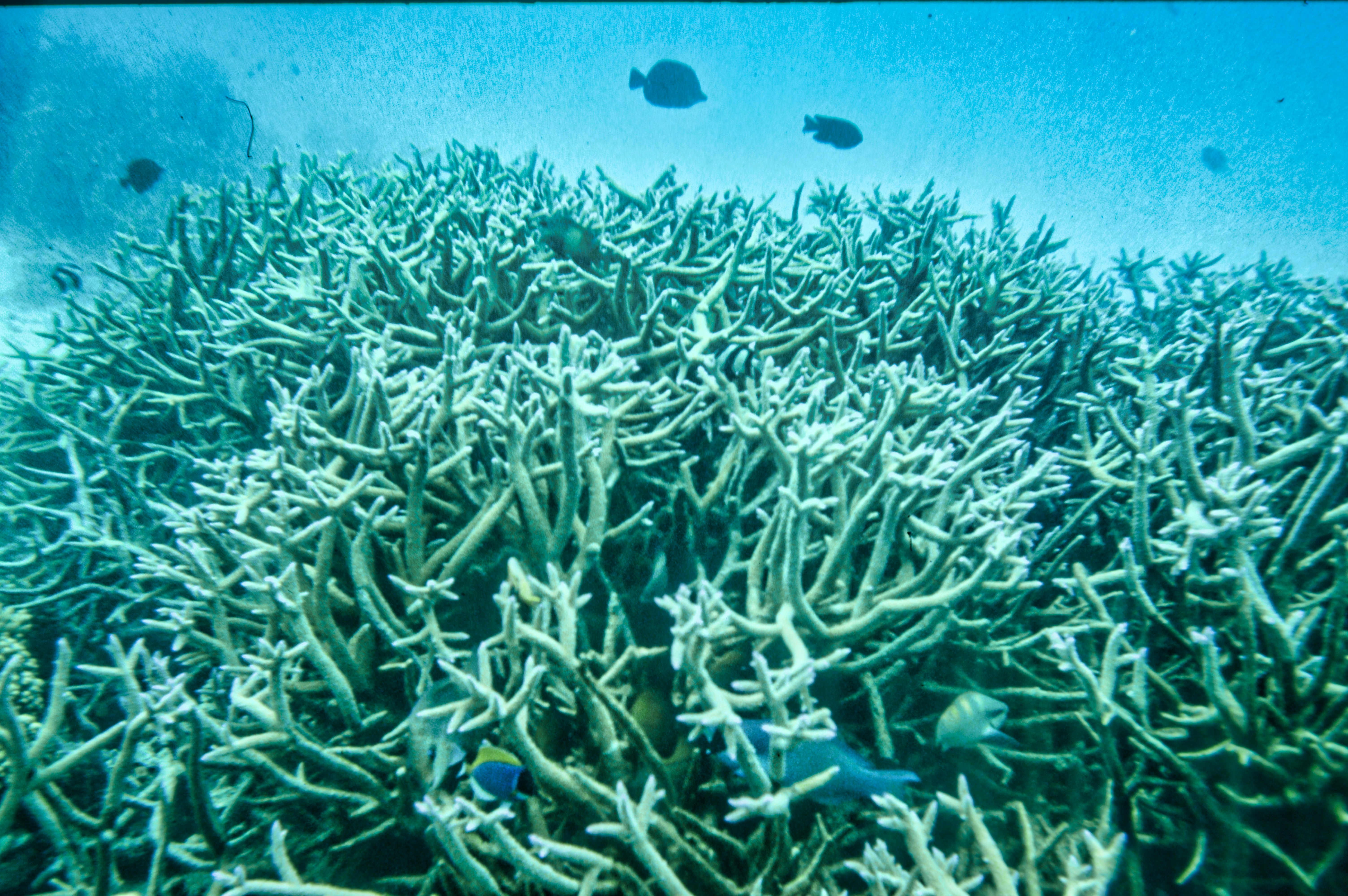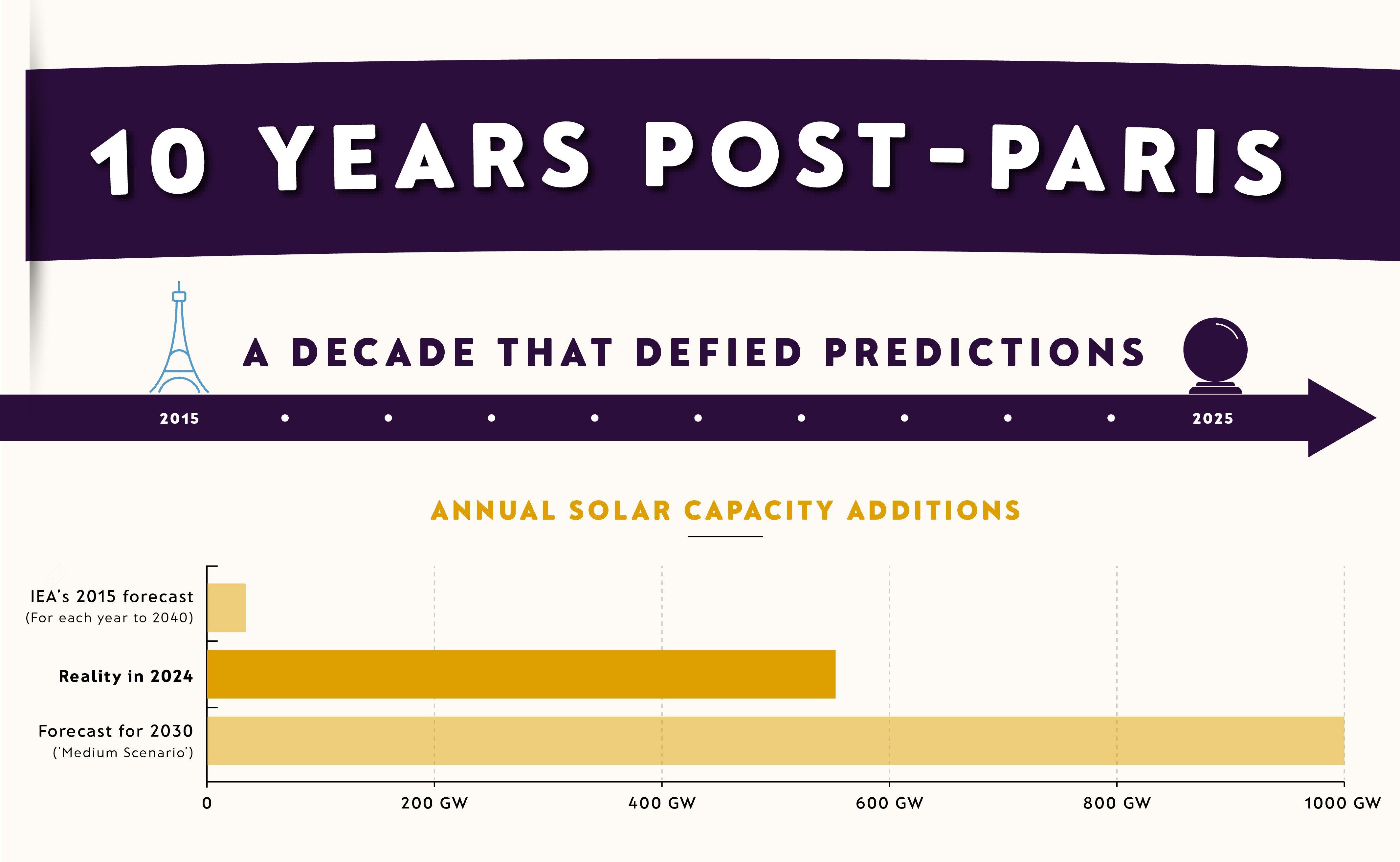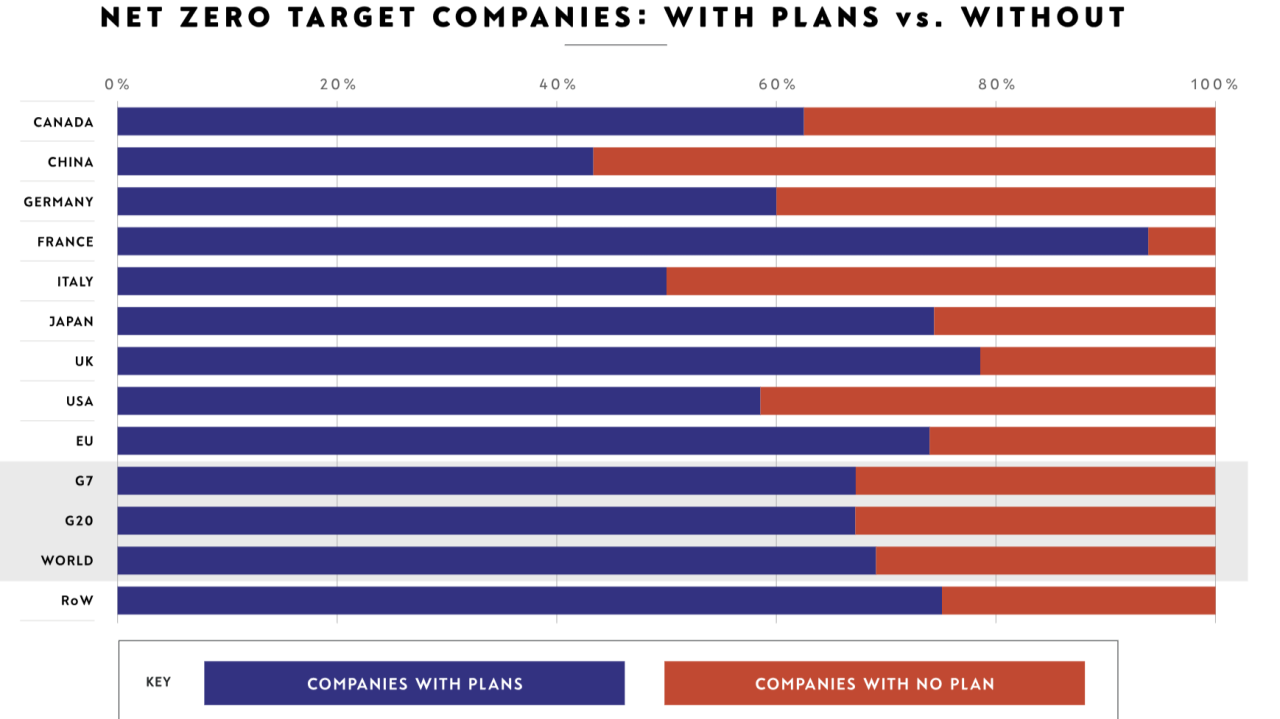
Greenwashing: Stricter EU rules on environmental marketing ban misleading and offsetting claims

CMS
By: Olivia Jamison, Ben Collins, Sinéad Oryszczuk, Stuart Helmer, and Tim Sales

On 17 January 2024, the European Parliament voted to adopt the Directive on Empowering Consumers for the Green Transition (the ECGT Directive), which seeks to protect consumers from various misleading marketing practices relating to the environment or sustainability. In particular it bans the use of generic environmental advertising claims like ‘natural’, ‘environmentally friendly’ or ‘biodegradable’ without adequate substantiation, it restricts the use of sustainability labels to those based on official certification schemes or established by public authorities, bans many types of environmental claims reliant on offsets, and introduces harmonised labels and requirements around durability and repairability.
Context
The ECGT Directive forms part of a wider package of measures seeking to facilitate a circular economy for products in the EU and to progress the wider aims of the European Green Deal. It seeks to facilitate the EU’s transition to a resource-efficient, climate-neutral and pollution-free circular economy.
The Commission first introduced the ECGT Directive alongside a Green Claims Directive and the two are intended to work – and should therefore be understood – in tandem. The former sets out general principles for unfair market practices, while the latter (which is still to be adopted) will prescribe the precise conditions for making various types of environmental marketing claims.
Key Provisions
The ECGT Directive introduces measures as amendments to the EU Unfair Commercial Practices Directive (UCPD) and the Consumer Rights Directive (CRD). The key amendments, among others, are:
1. Amendments to the UCPD
- Expansion of the “misleading actions” category
- contains false information or in any way deceives or is likely to deceive the average consumer in relation to the main characteristics of the product in a way that is likely to affect the consumer’s decision making. These “main characteristics” will be expanded under the changes to include “circularity aspects, such as durability, reparability of recyclability”.
- causes or is likely to cause the average consumer to take a transactional decision they would not have made otherwise, and it involves one of several specific aspects. These aspects will now include “making an environmental claim related to future environmental performance without clear, objective, publicly available and verifiable commitments set out in a detailed and realistic implementation plan that includes measurable and time-bound targets and other relevant elements necessary to support its implementation, such as allocation of resources, and that is regularly verified by an independent third party expert, whose findings are made available to consumers”.
- Expansion of the “misleading omissions” category
- Expansion of blocklisted practices
- Displaying a sustainability label that is not based on a certification scheme or not established by public authorities.
- Making a generic environmental claim for which the trader is not able to demonstrate recognised excellent environmental performance relevant to the claim.
- Making an environmental claim about the entire product or the trader’s entire business when it concerns only a certain aspect of the product or a specific activity of the trader’s business.
- Claiming, based on the offsetting of greenhouse gas emissions, that a product has a neutral, reduced or positive impact on the environment in terms of greenhouse gas emissions.
- Any commercial communication in relation to a good containing a feature introduced to limit its durability despite information on the feature and its effects on the durability of the good being available to the trader.
- Falsely claiming that under normal conditions of use a good has a certain durability in terms of usage time or intensity.
- Presenting a good as allowing repair when it does not.
- Inducing the consumer to replace or replenish the consumables of a good earlier than necessary for technical reasons.
- Withholding information concerning the impairment of the functionality of a good when consumables, spare parts or accessories not supplied by the original producer are used, or falsely claiming that such impairment will happen.
The UCPD currently provides that a commercial practice is misleading if it:
At the moment the UCPD provides that a commercial practice is misleading if it omits material information that the average consumer needs to take an informed transactional decision. The definition of “material information” will be expanded to include information about the method of comparison, the products which are the object of comparison and the suppliers of those products in circumstances where a trader provides a service which compares products and provides the consumer with information on environmental or social characteristics or on circularity aspects the products or suppliers of those products.
Annex 1 of the UCPD currently lists commercial practices which are in all circumstances considered to be unfair. This list will be expanded to include:

2. Amendments to the CRD
- New information requirements for traders entering into contracts with consumers (including but not limited to distance or off-premises contracts).
- where applicable, the repairability score for the goods; and
- where repairability is not applicable, information about the availability and estimated cost of, and procedure for ordering, spare parts that are necessary to keep the goods in conformity, about the availability of repair and maintenance instructions and about repair restrictions (where the producer makes this information available to the trader).
- The introduction of provisions on a harmonised notice and harmonised label
Before a consumer is bound by a contract, the trader must provide the consumer with specific information. This information will now include, among other things:
The EU is introducing a harmonised notice and a harmonised label that must be used by traders to communicate specific information. The harmonised notice should be used to communicate certain information relating legal guarantees of conformity; and the harmonised label will need to be used to communicate certain information relating to commercial guarantees of durability.
Timeline
The ECGT Directive is expected to come into force shortly. After approval by the Council it will be published in the Official Journal and thereafter enter into force. Member States will have 24 months to adopt the transposing legislation and 30 months to apply its measures.
Comment
The measures to be adopted are significant in two respects:
Firstly, it broadens the scope of the UCPD and the CRD to cover specific environmental and sustainability practices in order to clearly signpost more sustainable products and services and encourage more behavioural change. Once the Directive is transposed into member state law, regulators and competitors will find it easier to justify enforcement action against unfounded green marketing claims. The risk here is high, given the ability to impose fines where there are breaches of the UCPD and CRD of up to 4% of turnover across the EU, and higher in some Member States.
Secondly, the ECGT Directive is indicative of the direction of travel. The regulation of environmental/sustainability-related marketing practices will tighten further in the coming years – not least in the form of the Green Claims Directive – in both EU member states and in other jurisdictions. Traders should monitor developments in this area closely and factor these into design and marketing practices.
This article was written by CMS partners Olivia Jamison, Sinéad Oryszczuk, and Tim Sales. It was first published on CMS Law-Now on 19th January 2024, available here.

CMS
Share "Greenwashing: Stricter EU rules on environmental marketing ban misleading and offsetting claims" on

































